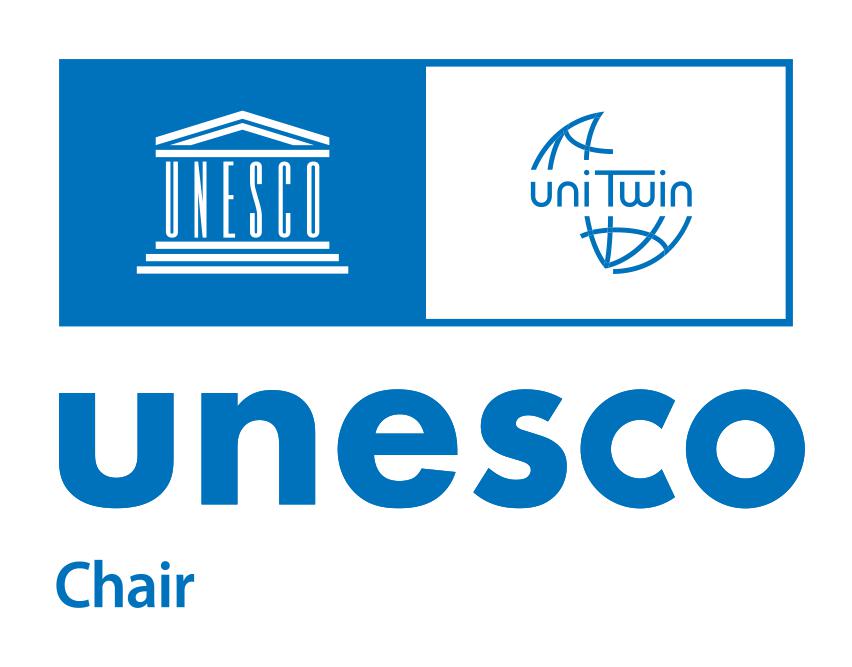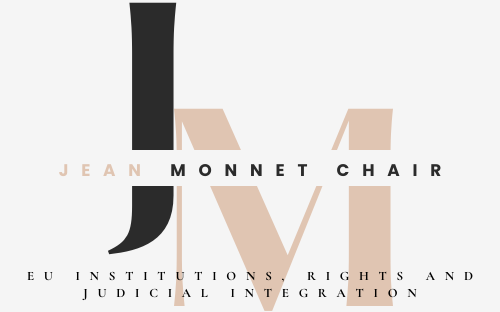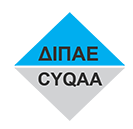Joint degree by: Open University of Cyprus, Faculty of Pure and Applied Sciences and University of Cyprus, Department of Psychology and Department of Computer Science.
Since the inception of the computing paradigm, the prevalent metaphor for a computer has been that of a multi-purpose tool, as exemplified by the use of “command lines” and “desktops” at the interface between humans and computers. The unparalleled prevalence of computing-enabled devices in our everyday lives, and the widespread access to information over the Web, suggests a more apt metaphor for a modern computer, that of an assistant. Humans no longer use, but rather collaborate with their devices to solve a cognitive task, with each party learning and adapting to the capabilities of the other. Communication and decision-making happens at a level that is transparent to, and cognitively-compatible with, human abilities and limitations. One no longer speaks of human-computer interaction, but of human-computer symbiosis.
To teach the new paradigm of cognitive computing, the M.Sc. Program in Cognitive Systems brings together two main scientific areas: Cognitive Psychology, and Artificial Intelligence in Computer Science. Aiming, on the one hand, for the prospective students to understand the basis for human cognition, the Program is strongly influenced by Cognitive Psychology and includes learning modules that explore the fundamentals of perception, learning, mental representation, and reasoning in humans. Aiming, on the other hand, for the prospective students to be able to design cognitive systems, the Program places its emphasis on the investigation of computational methods and tools for understanding and designing cognitive systems, and includes learning modules from Connectionist and Symbolic Artificial Intelligence, from Machine Learning, and learning modules on recent developments in Cognitive Computing.
Courses are offered from both Cognitive Psychology (CP) and Computer Science (CS), organized in five main themes: Foundations, Perception, Learning, Reasoning, Systems.
EUROPEAN CREDIT TRANSFER SYSTEM – ECTS: 120
TEACHING LANGUAGE: English
LEVEL: Masters
DEGREE AWARDED: Magister Scientiae (Msc)
The programme is evaluated and accredited by:
With a Master’s in Cognitive Systems, graduates have employment opportunities in the two traditional areas of Cognitive Psychology and Computer Science, but also in the new emerging area of Cognitive Systems. Generally speaking, graduates of the program will be qualified to contribute to basic and applied research aiming at the optimization of human-computer interaction and/or the application of computational tools in the understanding of cognition (research, research and development, and research and innovation at public and private centers/companies). In particular, students will be able to work in organizations in the areas of intelligent systems, machine learning, human-computer interaction, and cognitive system development, with large companies such as IBM, Google, Amazon, Microsoft, Facebook, and Apple actively seeking, and offering lucrative salaries for, employees in the emerging areas that are covered by the program of study. Their ability to design and develop systems also offers the opportunity to graduates to work as developers in large software companies, with the ability to incorporate in the traditional software development cycle novel and cutting-edge techniques that are inspired by human cognition. The graduates’ knowledge of cognitive psychology theories and methodologies will further allow them the choice of working in treatment and health facilities, helping people with cognitive disabilities, while exploiting their expertise in the development of cognitive systems to develop novel solutions for patients. Irrespectively of the focus of their studies, graduates will be well-versed in an exciting new area of research that can lead them to pursue a Ph.D. program at Open University of Cyprus, University of Cyprus, or at other competitive Ph.D. programs across the world.
The Open University of Cyprus (OUC), through its participation in the European project "Liaison Offices with the Labour Market", offers to students of all its programmes of study, the optional and free of charge Thematic Unit (i.e. Module) entitled "Industry Placement". This module provides students opportunities for a placement to gain professional experience in their particular field of study, and the hosting institution can be any public or private organisation operating in the Republic of Cyprus.
Each student has the right to participate in this offering once or twice during his / her studies, provided that s/he meets the required conditions.
Request more information by contacting the OUC Liaison Office here.
The program is geared towards students with a first degree in the STEM fields (Science, Technology, Engineering, and Mathematics), or a first degree in Cognitive Science or Psychology. The program assumes basic knowledge in the field of mathematics (discrete mathematics, formal logic, probability / statistics, calculus), and computing (algorithms, basic programming). This should be demonstrated in the application of a prospective student by listing relevant courses taken in earlier degrees or by offering proof of completion of relevant online courses (e.g., MOOCs).
Highly-motivated candidates from other disciplines are also encouraged to apply, but should expect to put extra effort to complement their prior studies by following additional induction elements linked to individual courses so that they can acquire the required background for these courses.
All candidates need to demonstrate that they meet the University’s English language requirements by submitting the relevant certificates along with their application (minimum grade IELTS 5.5 or any other equivalent). Details of the specific English language requirements can be found here.
The tuition fees for each Module (Thematic Unit) amount to 450€, for each course module of 10 ECTS units, while for the Master Thesis amount to €1350.The tuition fees for the completion of the Master programme amount to 5400€. As far as discounts and scholarships are concerned, the OUC related policy is in effect.















![Call for applications for Adjunct Faculty (Tutors) for the academic years 2026-2027 [deadline 10/10/2025]](https://www.ouc.ac.cy/images/TutorsVacancies_deadline-OCT.10.10.2025_en.png?width=1200&height=600)

















